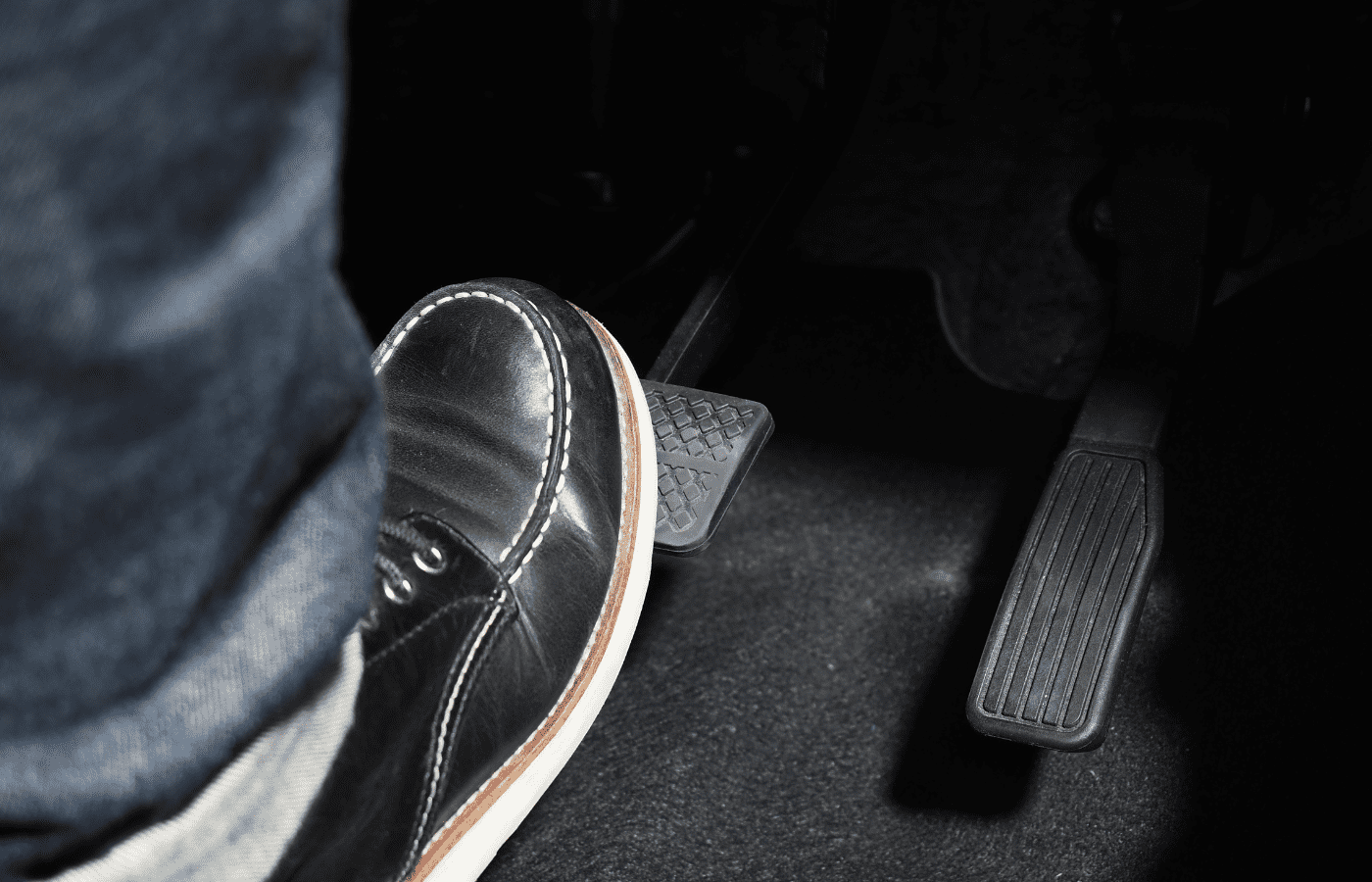Spongy or squishy brakes in vehicles are a common occurrence that can lead to serious problems if the actual issue is not diagnosed correctly.
Can old brake fluid cause spongy brakes? Yes, old brake fluid is a common cause behind spongy brakes. Other causes include air in the brake lines, contaminated brake fluid, a malfunctioning brake master cylinder, and damaged brake lines.
Read on to find out more about spongy brakes and how having old brake fluid in your vehicle can bring about this problem. Happy reading!
Can Old Brake Fluid Cause Spongy Brakes?
Yes, old brake fluid can certainly be the reason behind squishy or spongy brakes. The condition is more common than you might think. Brake fluid plays an important role in applying the brakes and getting your car to slow down or stop.
Just like any other part or component of your car’s braking system, it can also wear down and become contaminated with time. This typically happens when brake fluid absorbs moisture from the air, reducing its ability to work efficiently.
If you haven’t had your vehicle’s brake fluid replaced in a while and suspect it might be the reason behind spongy brakes, get it inspected. Brake fluid has a certain lifespan and needs to get replaced periodically. On average, most car manufacturers recommend changing the braking fluid once every two years.
To check the current price nd availability of Brake Fluid, click here to view the selection on Amazon.
Are Spongy Brakes Dangerous?
If you’ve noticed your brakes have become spongy or squishy lately, it could signal a problem with your vehicle’s braking system. But are spongy brakes dangerous? The answer is yes — if the problem is not diagnosed and fixed.
While spongy brakes may be caused common problems such as old brake fluid and may not seem to be a big problem initially, they shouldn’t be ignored. Spongy brakes can greatly impact the braking performance of your vehicle, which can pose numerous safety risks while you’re driving.
Moreover, ignoring the issue can lead to more serious problems, such as sudden loss of braking pressure caused by a leak or blowout. In such a scenario, you’ll have no braking power, which in turn can have disastrous consequences.
Thus, it is highly important that you get your braking system inspected to diagnose the reason behind spongy brakes and get it fixed before you hit the road again.
How Does Old Brake Fluid Affect Braking?
As discussed previously, old brake fluid is one of the most common causes of spongy brakes in vehicles. But how exactly does it affect braking?
Brake fluid works by carrying the force generated by the lowered brake pedal and converting it into pressure that is applied on the brakes of a vehicle. To do its job effectively, the braking fluid must be free from contamination such as moisture from the air.
With time, however, moisture from the air does get absorbed into the brake fluid, leading to contamination. The presence of air inside the fluid is why the brakes feel spongy. Brake fluid that has absorbed moisture will have less efficiency and significantly reduced braking performance.
What Is the Most Common Cause of a Spongy Brake Pedal?
A spongy brake pedal can have several different causes behind it. Perhaps the most common cause of a spongy brake pedal is the introduction of air in the brake lines. If air gets inside the brake lines, it can interfere with the flow of the brake fluid, making the brake pedal feel spongy.
If air in the brake lines is the cause of spongy brake pedals in your vehicle, you can get it fixed by replacing the braking fluid. This will get rid of the air and allow the fluid to flow normally.
Other common causes of spongy brake pedals include:
- Old or contaminated brake fluid
- Malfunctioning brake master cylinder
- Damage to the brake lines
How Do You Fix a Spongy Brake Pedal?
The first step required in fixing a spongy brake pedal involves diagnosing the actual cause behind it correctly. By identifying the problem correctly, the affected components can be inspected and fixed. To diagnose and fix spongy brake pedals, getting your car’s braking system inspected by professionals is a good idea.
In most cases, spongy brake pedals can be simply fixed by flushing and replacing the braking fluid. This gets rid of the air in the brake lines, allowing the braking mechanism to function normally again. If the reason behind spongy brake pedals is old brake fluid, then brake fluid replacement will fix the problem.
If, however, the cause entails issues with other components, such as a malfunctioning brake master cylinder or damaged brake lines, then other repairs or fixes might be needed.
Will Adding Brake Fluid Fix Spongy Brakes?
So, will adding brake fluid fix spongy brakes? Doing so might or might not help solve the problem, depending on its nature.
If the reason behind spongy brakes is low or old brake fluid, then flushing the old fluid and adding new fluid can fix spongy brakes. But if the problem is of a different nature, such as a malfunctioning brake master cylinder, then adding brake fluid won’t fix it.
Diagnosing the actual cause behind spongy brakes is of paramount importance. Failure to do so, or an incorrect diagnosis, may not solve the problem; it can instead make it worse. Thus heading over to a service garage and getting help from professionals is the best course of action if your vehicle has spongy brakes.
Final Thoughts
Spongy brakes are a common occurrence in vehicles that signal some kind of problem in the vehicle’s braking system. Since spongy brakes can lead to other serious problems such as loss of braking power, it is important to get the issue diagnosed.
Common reasons behind spongy brakes include old or contaminated brake fluid, air in the brake lines, problems with the brake master cylinder, and damaged brake lines.
In most cases, spongy brakes can be easily fixed by flushing and replacing the braking fluid. This gets rid of air and other contaminants and allows the brakes to function normally again.


